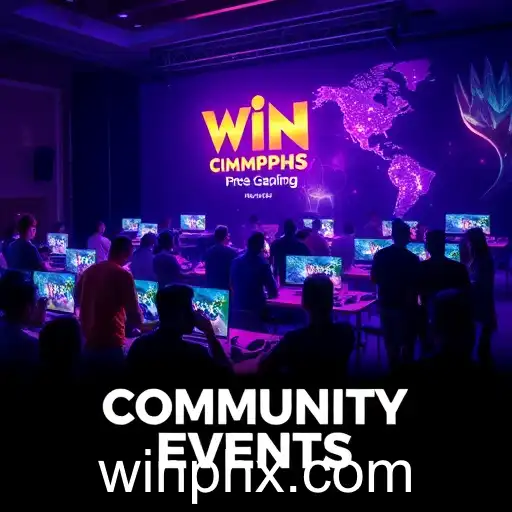
The gaming landscape has witnessed significant evolution over the past few years, and as we move further into 2025, this momentum shows no signs of slowing down. The integration of cutting-edge technology, coupled with an increasingly connected global community, has reshaped how we experience and engage with games.
One of the most remarkable trends has been the rise of cloud gaming. By leveraging powerful remote servers, companies have bypassed the hardware limitations traditionally faced by gamers, opening up a new era where high-quality gaming is accessible on almost any device. This shift not only democratizes access but also alters how developers think about game design, focusing less on optimization for specific consoles and more on creating universally engaging experiences.
Furthermore, virtual reality (VR) and augmented reality (AR) have also made significant strides. With the introduction of more affordable and user-friendly VR headsets, players are now able to immerse themselves in worlds that were once impossible to simulate. This development has taken interactive storytelling to a new height, allowing gamers to not just play through a story, but to experience it firsthand.
Community dynamics have also played a crucial role in shaping the gaming industry. Platforms like Twitch and YouTube have transformed gamers into influencers and content creators, driving a new form of social interaction around games. This has created tight-knit communities that not only partake in gaming but actively contribute to its growth. Game developers are increasingly embracing feedback from these communities, resulting in games that are more attuned to player desires and expectations.
Nevertheless, challenges lie ahead. Issues of inclusivity and representation continue to be at the forefront of discussions within the industry. As the demographic of gamers diversifies, there is a pressing need for games to reflect this diversity both in characters and narratives. Moreover, the impact of gaming on mental health remains a subject of ongoing research and debate, with studies aiming to strike a balance between gaming's potential benefits and its risks.
As we navigate through 2025, the ongoing evolution in the gaming sector points towards a future where inclusivity, accessibility, and community collaboration play a central role in shaping the experiences of countless gamers worldwide. Understanding these dynamics is not only crucial for industry stakeholders but also for the global community of gamers who continue to push the boundaries of what is possible.


